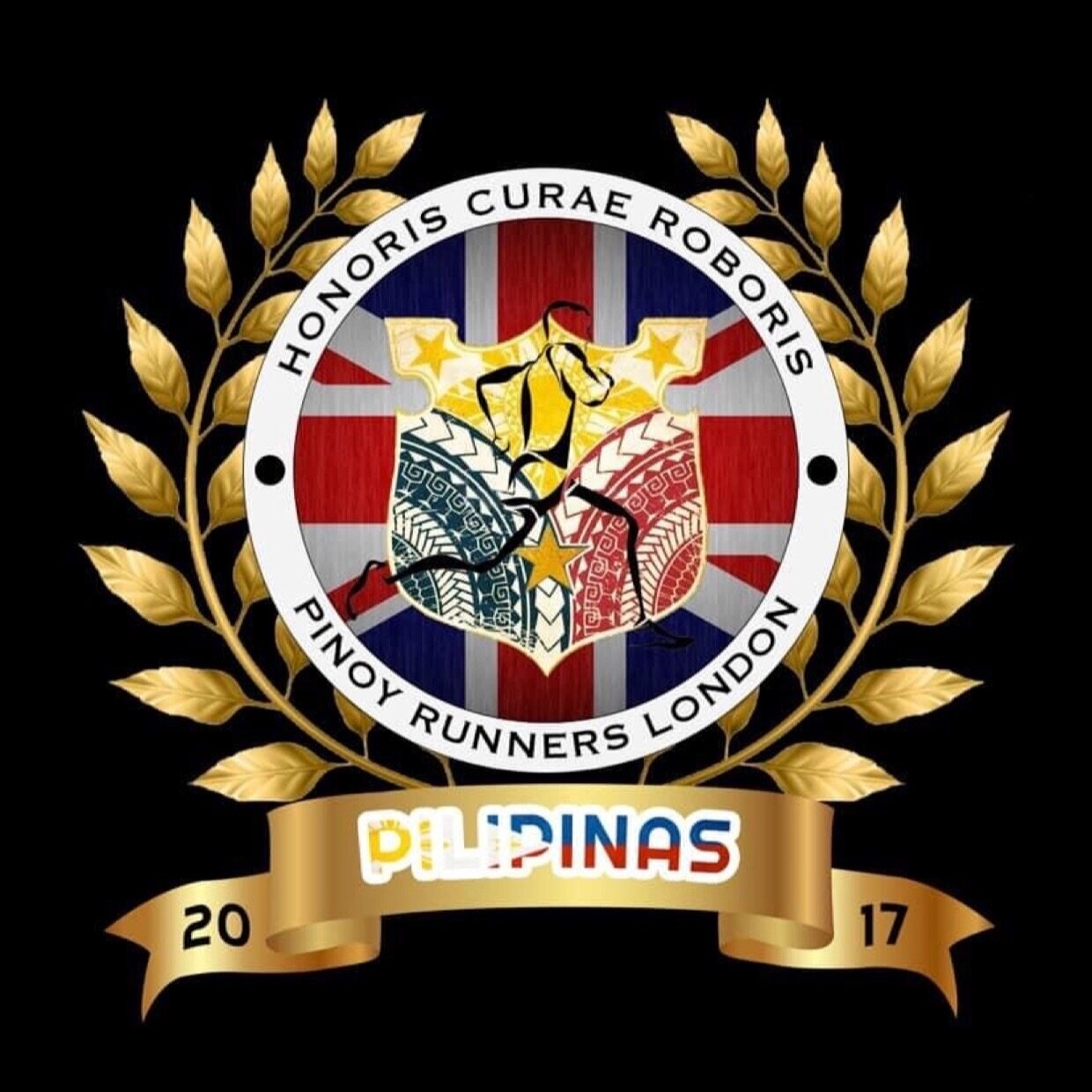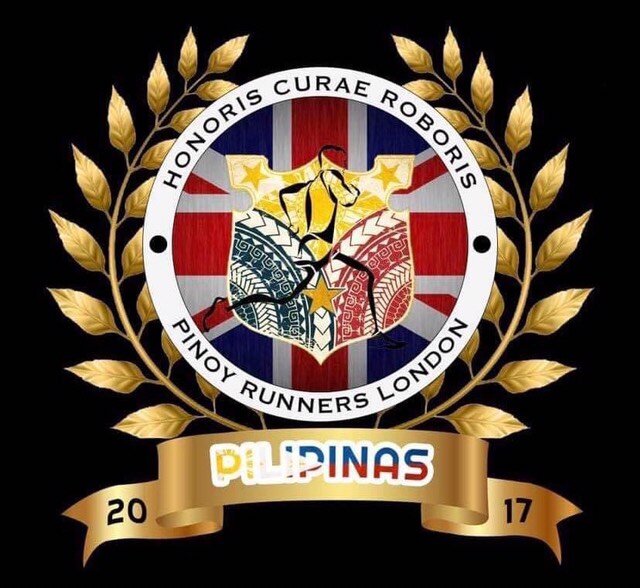Keep running as an ally vs. COVID-19
“ADDICTS”. “Hopeless cases”. “In need of rehab”. “Better watch out for the white or black vans!”. “The police are gonna get ya.” These are the usual banters among Filipino runners for quite some time now to describe fellow athletes who seemingly run endlessly. Or those who register (and run) from one race to another without let-up (back-to-back marathons included LOL). Check their Strava account and you will be amazed to see mileages almost nearing the 3000 mile-mark. And the year is not yet over.
“Tokhang” is a term coined by Filipinos for the current Duterte administration’s campaign against drug abuse. Allegedly, unmarked vans would capture suspected users of illicit drugs in the Philippines. We on our part, would say, thankfully this addiction for running is a positive one. Or is it? The National Health Service (NHS) defines addiction as “not having control over doing, taking, or using something to the point where it could be harmful to you”. The NHS adds that it does not only apply to substance abuse but to other stuff such as work, shopping, and the internet. I must confess this elicited an “araguy” moment on my part. Yes, truth hurts. Not that I shop a lot these days!
Physical activities including running have been proven since time immemorial to be helpful to one’s mental and physical health. Duggall et al. (2019), Simpson et al. (2015), and Walsh et al. (2011) enumerated a number of health benefits. Specifically, increase in cardiovascular fitness; enhanced immune response to vaccination; decreased disease markers in cases of cancer, HIV, diabetes, cognitive impairment, and obesity; and reduction in low grade inflammatory processes in our system. Furthermore, moderate to vigorous exercises release billions of white blood cells into our system to patrol “vulnerable” areas in our body such as the lungs and gut against infections. White blood cells are the armed forces of our body. Older humans ageing 60 years or more, who were physically active had better responses to influenza and pneumococcal vaccines (Duggall et al. 2019). And I am due my flu vaccine next month! So I should really expect that I will be forming adequate antibodies then as my immunity is enhanced by my runner lifestyle. No, I am not over 60 years of age yet, by the way.
In the present COVID-19 pandemic, the importance of exercise can never be emphasised enough. Government rules in times of lockdown have shut parks, gyms, and fitness centres. People were prevented from coming out of their houses to carry-out their usual day-to-day routine. Consequently, physical activity was diminished, promoting a sedentary way of life. Mental illness was rife due to social isolation. Unhealthy habits and diets came into fore leading to weight gain or increase in visceral fat. And dovetailing all of these were diabetes, high cholesterol levels, and cardiovascular diseases such as hypertension, to name a few. These other diseases or co-morbidities are predisposing factors to COVID-19 (Woods et al. 2020).
There is no proof that exercises like running can prevent COVID-19. However, running counteracts the bad effects of isolation and confinement caused by COVID-19 to one’s immune system (Simpson and Katsanis 2020). The Physical Activity Guidelines for Americans recommends 150-300 minutes of moderate to vigorous cardiorespiratory exercises each week and two sessions of muscle strength training (Piercy et al. 2018). So again, it is not only running, running, and running all the time. A bit of cross training will do us some good, as well (see previous blog entry “How to Avoid Economic Recession in Running”).
The adage “we are only humans after all” proves true. No one is invincible against COVID-19. One of our members in the Pinoy Runners London community—Neil Calucag (in photos below)—was struck down with the infection earlier this year despite being ultra fit. His runner’s lungs were his saving grace, according to his doctors. As the strain of the COVID-19 infection that hit him was extreme, he could have landed in intensive care unit (ICU), his doctor said. Intubated patients in ICU who were endurance-trained prior to COVID-19 tend to recover quicker than those who were not because they have stronger diaphragmatic muscles that off-set the potential damage by mechanical ventilation (Woods et al. 2020). Cases wherein physically fit patients had less severe symptoms, shorter recovery period, and were less likely to infect others were documented (Simpson et al. 2020).
As complications, COVID-19 can cause other serious conditions which even runners are not spared from. These are myocarditis (inflammation of the heart muscles), cardiogenic shock (poor perfusion due to failure by the heart to pump blood), and coagulopathy (abnormal clotting and bleeding in our system) (Guzik et al. 2020), (Shi et al. 2020), and (Guzik et al. 2020). In 2016, Sribhutorn et al. reported that heart attack (myocardial infarction) occurred in some patients during the acute phase of a respiratory tract infection. This was pre-COVID-19 but the patho-physiology or disease process could be similar.
Therefore, prudence is highly recommended for an athlete recovering from COVID-19 in resuming their training in the safest manner. Experts suggested that only those with milder symptoms of COVID-19 can do exercises. Strenuous exercises more than 60 minutes as done by highly athletic individuals should be avoided because these could impair one’s immune system (Simpson et al. 2020).
To gradually return to our pre-illness performance level, we can learn from the experience of the athletes recovering from SARS in 2002, H1N1 flu in 2009, and MERS in 2012. They resumed low-intensity training after being symptom-free for 2-3 days (Tee 2020). Neil could attest to this based on his experience (see the latest Testimonials page which features his story). Serious attention must be given if the runner has had cardiac or incapacitation symptoms, was unwell for more than 7 days, was hospitalised, and is unable to perform at pre-illness level (Tee 2020). I think these can serve as the criteria to seek medical clearance prior to resumption of running activities following a bout with COVID-19. Extra care must be taken as the heart muscles could have already been damaged by the COVID-19 virus (Woods et al. 2020). This can result in acute coronary syndrome or fatal arrythmias (abnormal heart rhythm) (Shi et al. 2020). An ECG or echocardiogram would be advisable to ensure the heart is in tip top state (Tee 2020). And of equal importance, following local guidance on social distancing can provide reassurance and direction for all involved in recreational and competitive sports during the pandemic (Niebauer et al. 2019). Quarantine is noted to be of highly value in controlling the spread of COVID-19 (Woods et al. 2020).
I know all of us are passionate about running. We have even sworn to keep on running until our last breath. But in these precarious times, it is very important as caring athletes to look after ourselves and our neighbours/ family as a matter of priority. Definitely, we continue to encourage running due to its proven benefits both mentally and physically—but only with a heightened awareness of our vulnerability as human beings and the precautionary measures we must observe. In winning this battle against this unseen enemy, it is critical that we keep running as an ally and ensure that it does not turn into a foe.
Neil who was a Palarong Pambansa athlete in 1997, on one hand, has this set of wonderful advice for his fellow PRL runners during this pandemic:
Put running at heart.
Dedication.
Having a positive mental attitude.
Staying focused.
Have a motivation.
Make sure you remain happy in what you do.
Healthy competition with fellow runners.
Trust in oneself.
Self-discipline.
Having an open mind to the advises and suggestions of the other runners.
Humility. Do not let success get into your head.
Binoy Panes
Ultramarathoner, London, England, GB
13 October 2020, 1257 AM
Neil Calucag, marathoner: strong survivor of COVID-19. He was a medalist in the 1997 Palarong Pambansa.


